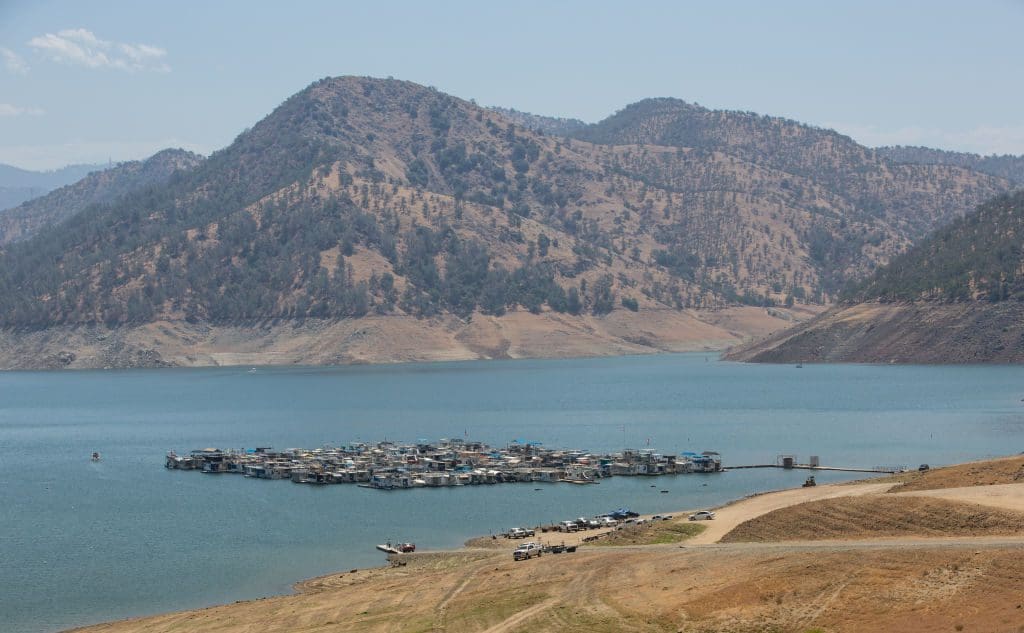IRAP’s report draws from IRAP’s expertise in legal protections for refugees and other displaced people, including individual case studies of IRAP’s and our partner’s clients. According to the report’s key findings, “there are existing U.S. legal tools and international and regional legal norms that the U.S. government can build upon to expand protection for climate-displaced people.”
Since taking office, the Biden Administration has taken the threat of climate change and its impact on migration seriously. IRAP is looking forward to concrete plans and actions taken by the White House that would improve the legal situation for refugees displaced by environmental disasters. Among other suggestions, the report recommends:
- Recognizing climate-displaced people as refugees under the current U.S. refugee definition,
- Broadening eligibility for Temporary Protected Status (TPS) to include people displaced by climate change, and
- Joining and supporting regional allies in protecting people fleeing environmental disasters.
Denise Bell, Researcher for Refugee and Migrant Rights at Amnesty International USA, stated: “Amnesty International USA joins with IRAP and partners in urging the Biden administration to use the tools at hand to address climate displacement. Ready solutions are available to address root causes and displacement that are centered in human rights and humanitarian protection. The U.S. should act quickly to ensure welcome and security for climate-displaced people.”
Ama Francis, Climate Displacement Project Strategist at IRAP, urged: “As climate change worsens and its impact on displacement intensifies, it is crucial that the White House take the necessary steps to fill the legal voids preventing climate-displaced people from finding a viable home.”
Vittoria Zanuso, Executive Director of the Mayors Migration Council, underscored: “Addressing climate-related displacement is not just a matter of resettlement – it’s about inclusive communities founded on justice and equity. We stand with IRAP, Welcoming America, and others, in calling on President Biden and his Administration to invest directly in local governments at home and abroad, where the impact of climate displacement will be most strongly felt.”
Rachel Perić, Executive Director of Welcoming America, affirmed: “Welcoming America joins with IRAP, Mayors Migration Council, and many others in calling on the Biden Administration to address climate displacement in ways that strengthen our commitment to basic human rights. By engaging and supporting local leaders who have long worked to build resilient and welcoming communities, we can prepare to meet the challenges of the future while also addressing the root causes of inequality and a changing climate that force so many to flee their homes.”

